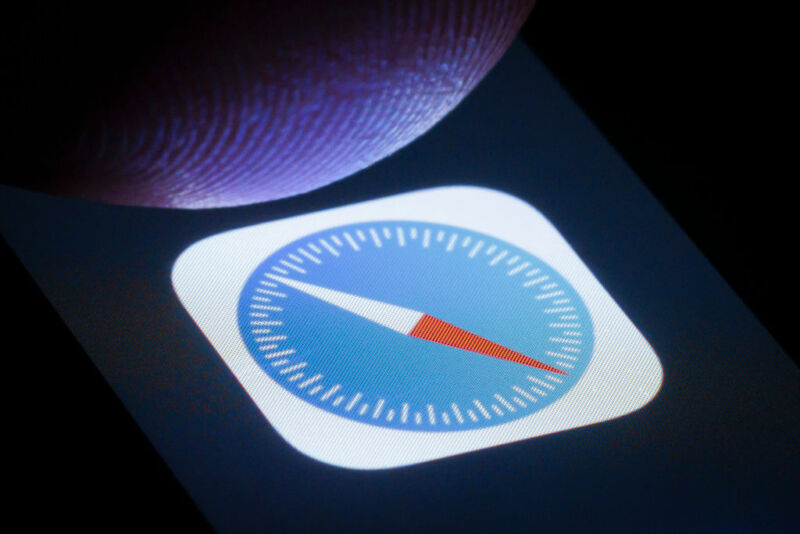Report: People are bailing on Safari after DMA makes changing defaults easier

Enlarge (credit: Thomas Trutschel / Contributor | Photothek)
Smaller web browsers are gaining traction in the European Union after the Digital Markets Act (DMA) started requiring designated gatekeepers like Google and Apple to make it easier to switch default web browsers on devices.
Previously, tech giants were able to lock users into setting their own browsers as defaults—or at least make it complicated to update the defaults—offering the majority of users their own browsing services for free while collecting data used for ad-targeting. This, the EU feared, kept users from switching to defaults that offered superior or more private web browsing experiences.
Reuters collected data from six companies, confirming that, when presented with a choice screen, many EU users will swap out default browsers like Chrome or Safari for more privacy-focused options. And because iPhones have a larger market share than Google-branded phones in the EU, Apple is emerging as the biggest loser, Reuters reported, noting that under the DMA, “the growth for smaller browsers is currently coming at the cost of Safari.”

